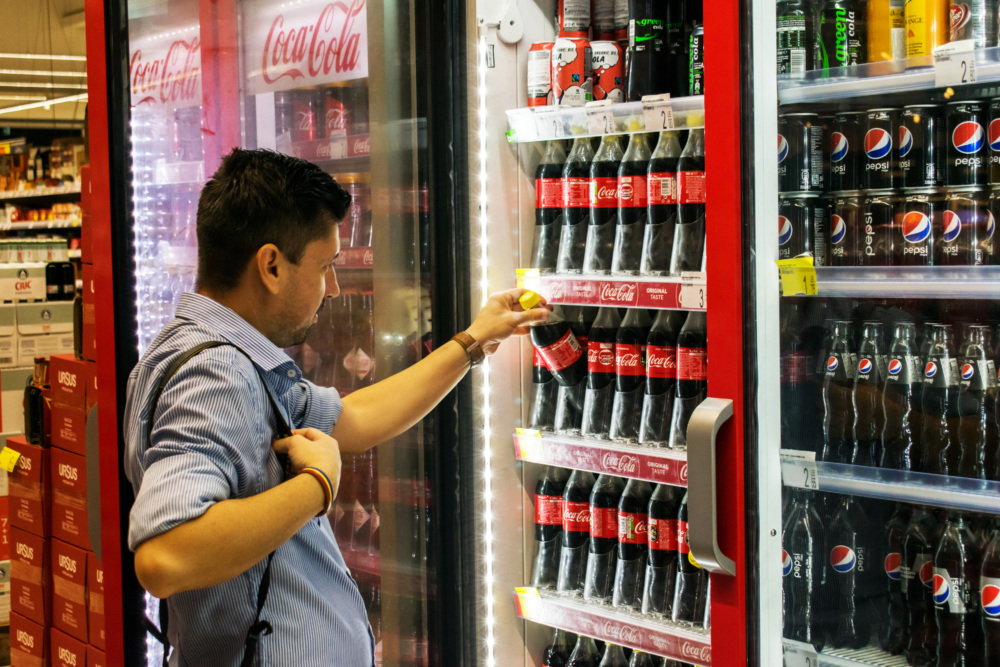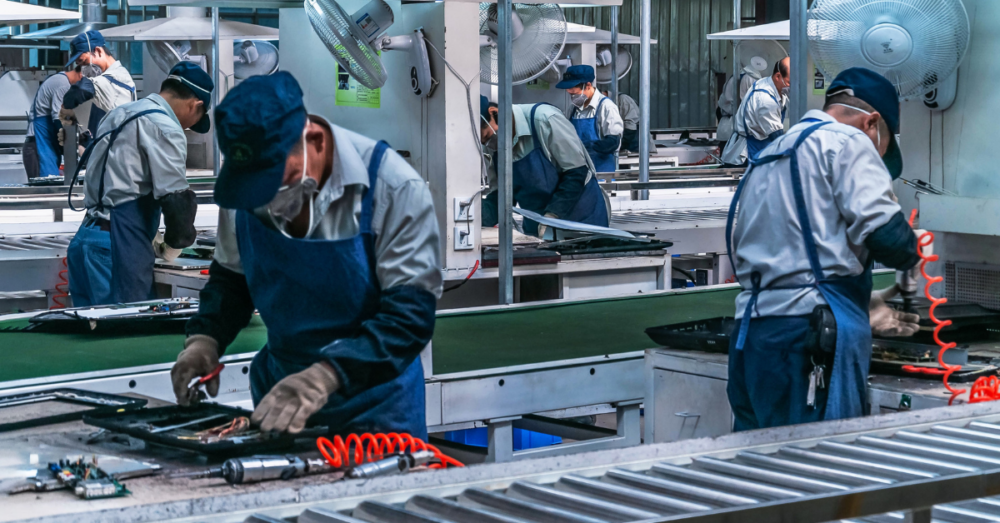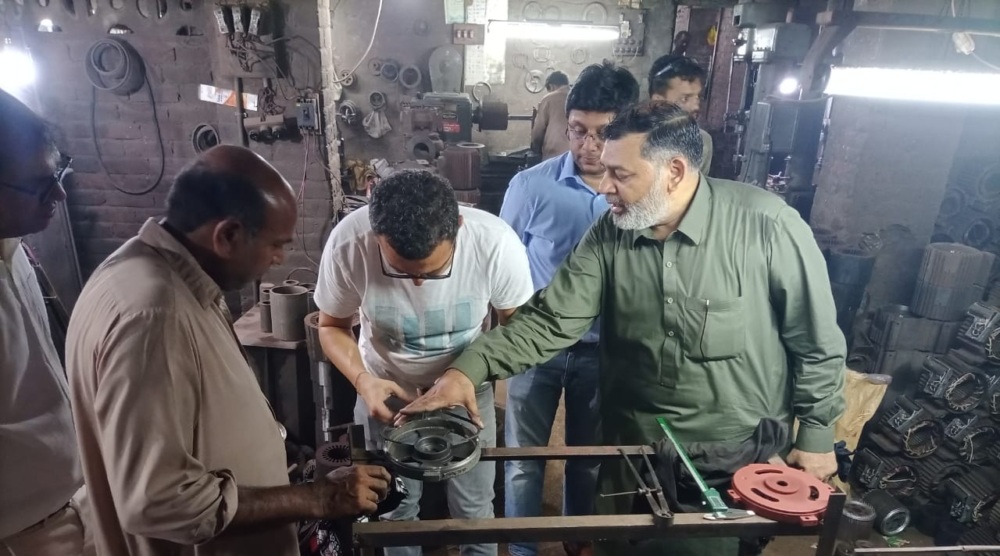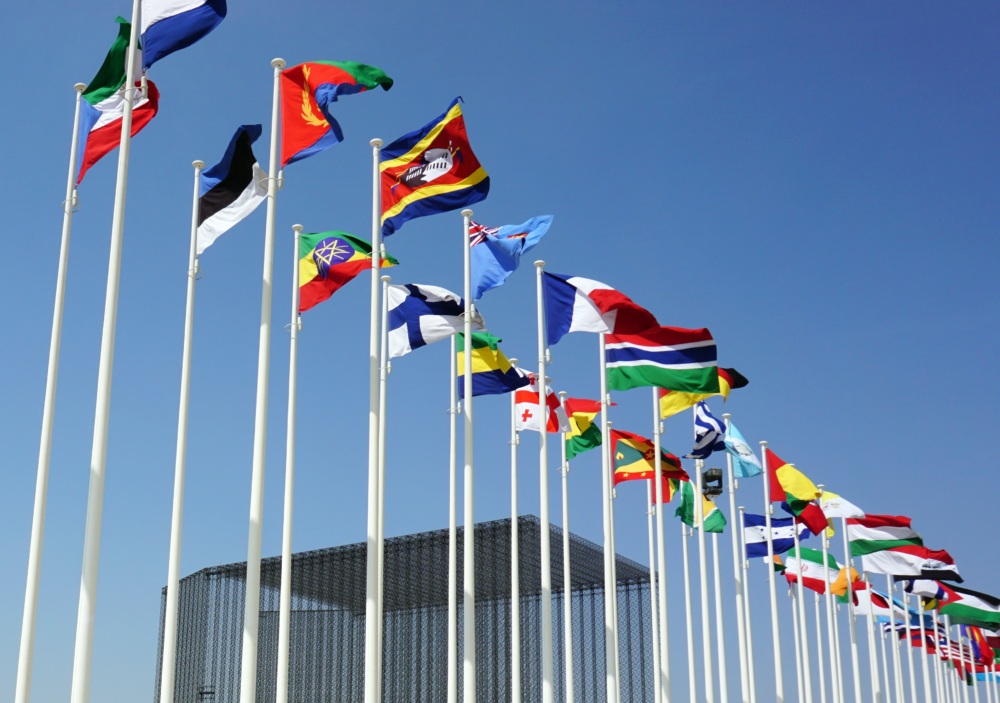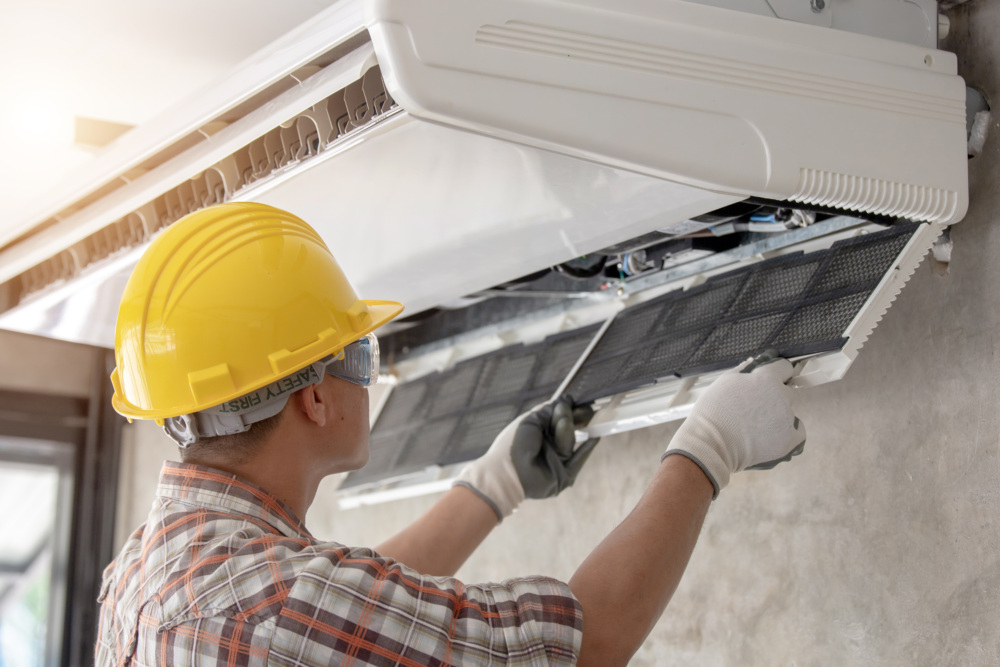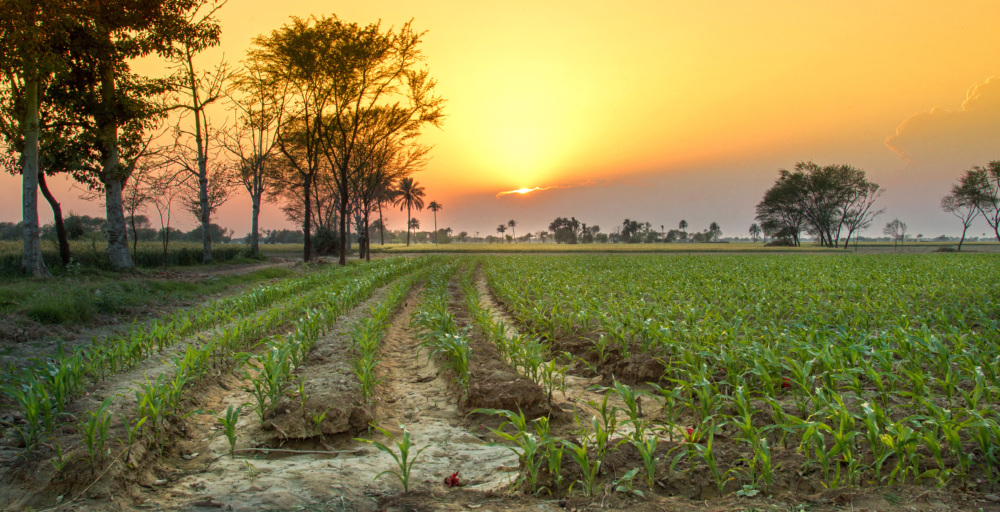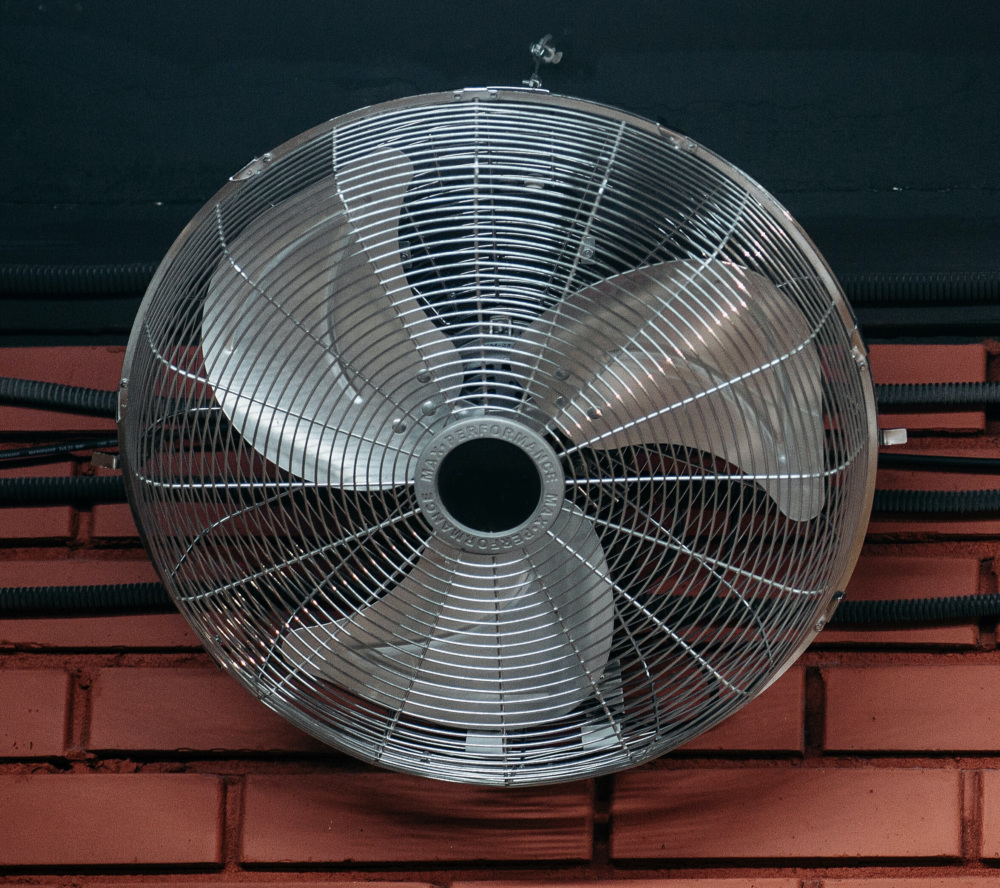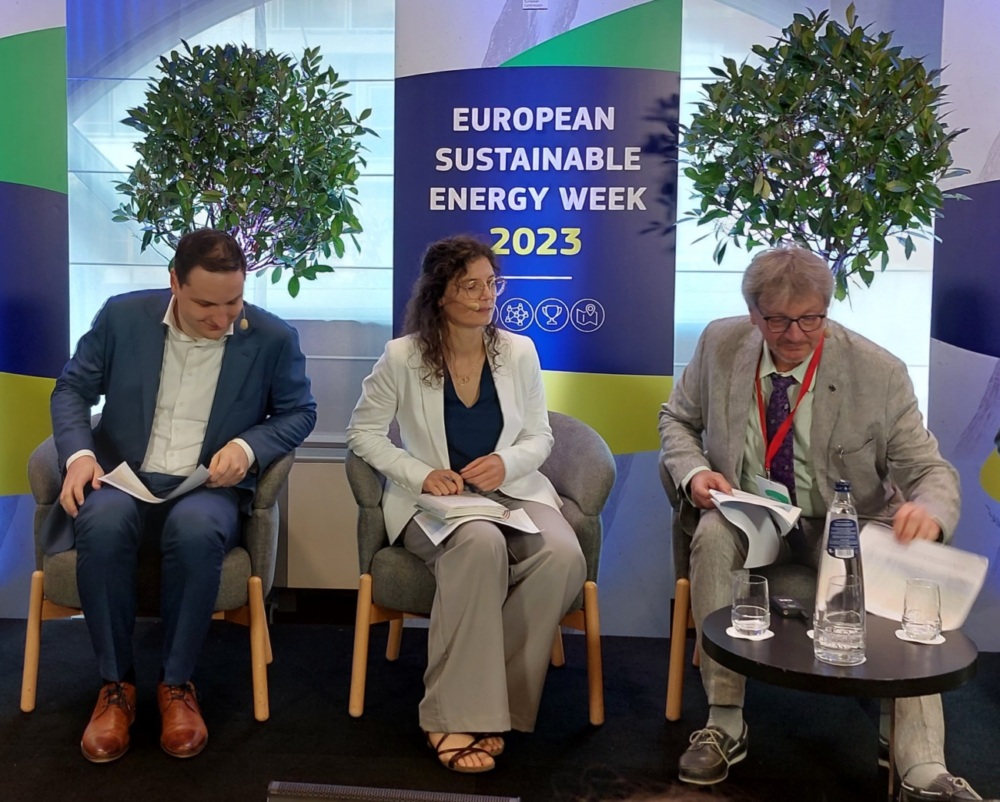ECREEE and CLASP launch regional compliance program in ECOWAS
On November 14, 2018, as part of the 2nd ECOWAS Sustainable Energy Forum in Dakar, Senegal, CLASP and the ECOWAS Centre for Renewable Energy and Energy Efficiency (ECREEE) co-hosted a one-day compliance workshop for policymakers and regional stakeholders in West Africa.

CLASP and ECREEE after signing a memorandum of understanding
The ECOWAS Sustainable Energy Forum fosters progress on implementation of the Economic Community of West African States (ECOWAS) region’s ambitious sustainable energy targets. The three-day event facilitates partnerships between ECOWAS policymakers, regional and international development partners, regional and international private sector players, financial institutions, academia, and research and civil society representatives.
The “K-CEP ECOWAS Regional Compliance Program” workshop hosted by ECREEE and CLASP brought together policymakers from ECOWAS member states, as well as representatives from industry and civil society organizations, to receive training on compliance best practices and to learn more about ongoing compliance work in the region. The more than 40 workshop participants were enthusiastic to discuss implementation of regional minimum energy performance standards (MEPS) and development of a regional compliance framework, which CLASP will support. MEPS and robust compliance frameworks are needed to protect markets from inefficient appliances. Under the K-CEP ECOWAS Program, CLASP will support West African states’ MEPS implementation by building a regional product database, advising on regional testing capacity needs, and offering trainings for national compliance practitioners.
Regional compliance initiatives help accelerate standards implementation and ultimately reduce non-compliance. In the European Union (EU), the same energy labeling and eco-design (or MEPS) regulations apply across the 28 member states, and every member state is responsible for enforcing regulations through their individual national compliance framework. However, official regional cooperation between EU compliance authorities facilitates the sharing of market surveillance information and product testing results. This kind of regional collaboration, where authorities work together to identify non-compliant products, reduces the burden of conformity and verification testing at the national level and allows for targeted market surveillance activities and strategic allocation of resources. Even countries with no existing standards (e.g. many ECOWAS economies) can benefit when more active countries take action to reduce the number of inefficient cooling products entering the regional market.
At the end of the event in Dakar, CLASP’s dedication to promoting energy efficiency in West Africa was recognized by the ECOWAS Sustainable Energy Forum, where they honored CLASP with a Sustainable Energy Champions Award. CLASP looks forward to continuing to collaborate with ECREEE and ECOWAS policymakers to accelerate implementation and enforcement of the regional cooling standards and encourage uptake of high-efficiency, low global warming potential space cooling and refrigeration appliances. Implementation of regional energy efficiency standards is often challenging – CLASP and ECREEE will utilize global best practices to assist ECOWAS member states in reaching efficiency targets more quickly.
The K-CEP ECOWAS Program is made possible by funding from the ClimateWorks Foundation and in-kind contributions from the ECOWAS Center for Renewable Energy and Energy Efficiency. Learn more about the Kigali Cooling Efficiency Program and visit www.clasp.ngo/impact/compliance.

